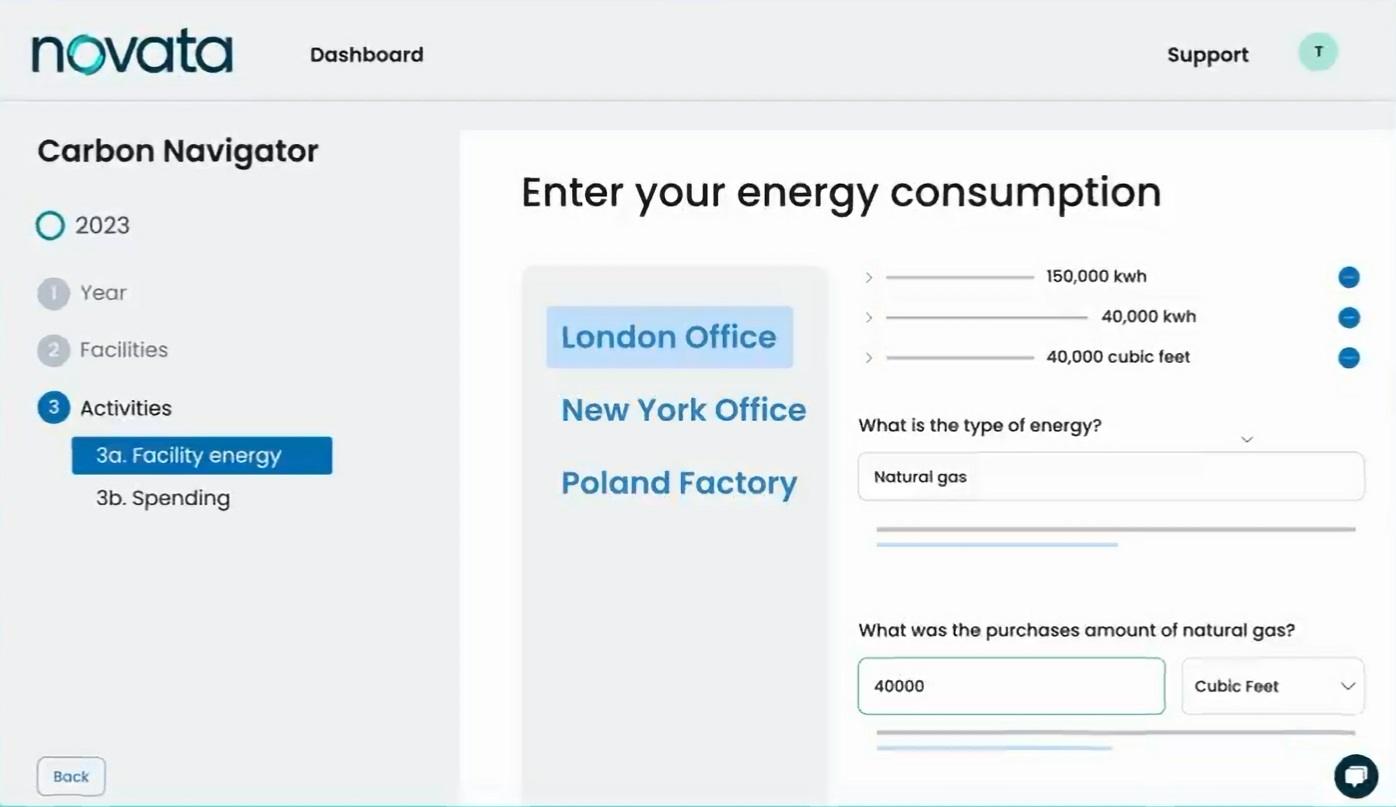Nearly 60% of Companies not Disclosing any Supply Chain Emissions as Reporting Regulations Approach: CDP
Despite approaching regulatory requirements across major markets to begin disclosing on emissions across the value chain, or “Scope 3” emissions, nearly 60% of companies failed to report on even one supply chain emissions category, according to a new report by environmental disclosure platform CDP.
CDP runs a global environmental disclosure system, enabling investors and other stakeholders to measure and track organizations’ performance in key environmental sustainability areas including climate change, deforestation, and water security. For the report, “Scoping out: Tracking nature across the supply chain,” CDP examined the responses provided by the more than 18,700 companies that reported in 2022.
The study comes as reporting on Scope 3 emissions, which typically make up the vast majority of companies’ climate footprint, is coming into focus, particularly as major regulatory reporting regimes – including in Europe, the U.S. as well as global standards – will require supply chain emissions disclosure within the next few years. The IFRS Foundation, for example, recently announced that its new climate and sustainability reporting standards, which include Scope 3 reporting, will take effect in 2024.
Despite the approaching regulatory requirements, however, the CDP report indicated that only 41% of companies reported on even a single Scope 3 category in 2022, compared to more than 70% reporting on direct Scope 1 and 2 emissions.
Of those reporting on Scope 3 the most-frequently disclosed category was business travel, with 42% of respondents calculating these, while the more impactful and broadly relevant category of purchased goods and services only saw 36% reporting. Other relevant categories, such as employee commuting and waste generated in operations were reported by 35% and 34%, respectively.
In its report, CDP listed a series of challenges holding back Scope 3 reporting, including limited data transparency and traceability across the value chain, low quality and granularity of data, a lack of automated tools for data extraction, limited influence over most Scope 3 categories, and the changing regulatory environment.
The report did indicate, however, that companies are making progress towards addressing their Scope 3 emissions footprint, although many efforts remain early stage. While only 11% of respondents reported that they currently include climate-related requirements in their supplier contracts, 36% said that they plan to begin incorporating sustainability KPIs into their purchasing processes with contractual supplier requirements within the next two years.
The CDP report also indicated that progress on reporting and addressing the supply chain aspects of other environmental categories, including water security and deforestation, was less developed than for climate. For example, only 915 companies reported that they engage suppliers on water related issues, and only 543 on deforestation, compared to over 7,300 who reported engaging on climate-related issues.
Sonya Bhonsle, Global Head of Value Chains & Regional Director Corporations at CDP, said:
“This year’s report shows that environmental action is not happening at the speed, scale and scope required to limit global temperature rises to 1.5 degrees, with many companies still not acknowledging that their impact on the environment extends far beyond their operations and that of climate change.”
Click here to access the CDP report.





